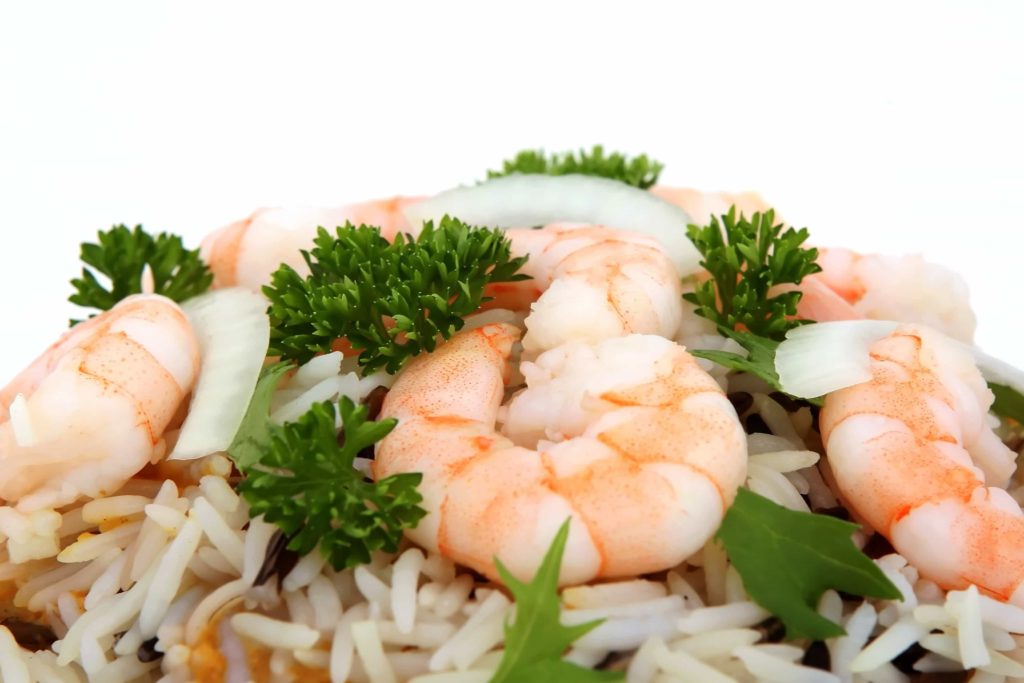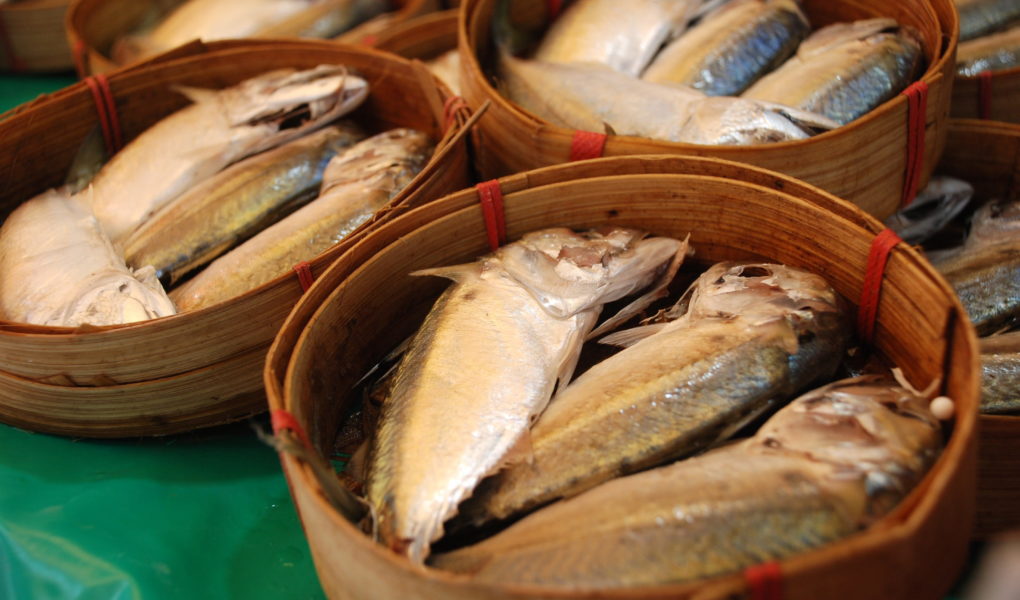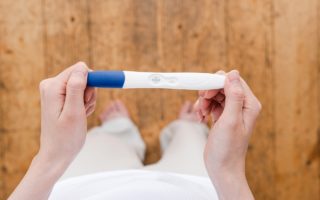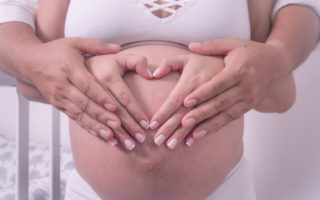Seafood is a valuable health food that it would be unfortunate to deprive yourself of during pregnancy: proteins, vitamins, iron, zinc, phosphorus, iodine, Omega-3, etc. However, because of the risks of contamination, it is necessary to take a few precautions during these nine months to protect your health and that of your baby.
Table of Contents
The risks of eating seafood during pregnancy
Seafood, whether fresh or frozen, is potentially dangerous if not properly preserved or served raw or undercooked.
They can transmit listeriosis, a disease caused by the bacterium listeria, which can have serious consequences for the foetus if contracted during pregnancy. Toxoplasmosis, in case you are not immune, and hepatitis A are also infections that can be contracted by eating poorly preserved, contaminated or raw seafood or fish. Anisakis worms and salmonellosis are also to be feared.
These infections have serious consequences for the foetus: heart, eye and neurological malformations, intrauterine growth retardation, premature delivery, and even in-utero death with toxoplasmosis contracted between the 10th and 24th week of pregnancy. It, therefore, required the greatest vigilance with seafood!
Fish and seafood, which are highly exposed to bacteria and parasites, can also cause food poisoning. However, in case of food poisoning, a suitable antibiotic treatment prescribed by your doctor will prevent the transmission of germs to your baby.
>>> KEEP READING – Pregnancy or desire to have a child: important vitamins and minerals
Is all seafood good during pregnancy?
Rich in vitamins, minerals, high-quality fatty acids (Omega-3) and proteins, the vast majority of fish and seafood can be eaten during pregnancy. However, two conditions must be met to avoid any risk to you and your baby: they must have been stored in good conditions (no break in the cold chain) and be well cooked.
If they meet these conditions, you can perfectly well opt for shrimps, scampi, crab, whelks or lobster, etc. that are served cold or indeed fish. However, beware of the mayonnaise that often accompanies these dishes. Because the egg inside that presents a risk of salmonella: forget homemade mayonnaise and opt for industrial mayonnaise during your pregnancy.
Oysters when you are pregnant
If you are pregnant, we advise you not to eat oysters or other seafood products raw because they are often a source of contamination that can lead to food poisoning.
However, if you are fond of them, you can eat cooked oysters. There are delicious recipes for baked oysters with gratins, poached oysters, steamed oysters, and even oyster skewers. In short, don’t miss out on this seafood rich in essential minerals, but be careful about how you cook it!
Mussels when you are pregnant
Here again, it is perfectly possible to eat mussels, provided they have been well preserved – without breaking the cold chain – and are well cooked. To fill up on calcium, magnesium, zinc, iron, vitamins and proteins with no risk to your baby, choose oven or casserole cooking.
Remember that shellfish are cooked when their shells are well opened. However, avoid molluscs with broken shells and seafood with unopened shells.

The case of fish
Smoked salmon when you are pregnant
You should avoid eating raw or smoked salmon because of the high risk of contamination.
That said, if you wish to eat smoked salmon during your pregnancy, always choose vacuum-packed and pasteurised salmon. These commercial products are indeed safer from a bacteriological point of view than salmon bought by the slice on the market or from a caterer, however good and reputable it may be.
Sushi when you are pregnant
Sushi, sashimi, maki and chirashi, as well as tartar and ceviche, should be avoided during pregnancy to prevent the risk of poisoning, as all these products are made from raw, possibly marinated fish. Indeed, raw fish, especially when they have been gutted late, can harbour a food parasite, anisakiasis, responsible for anisakidosis, commonly known as “herring worm disease”. This disease originated in Japan and is spreading to Europe because of the success of Japanese cuisine.
However, if you are addicted to sushi, you should know that, as with meat, freezing eliminates the parasites! So you can buy fresh raw fish (from the fishmonger), wrap it properly in a clean freezer bag, freeze it for at least six days and then enjoy it raw. Be careful, however: freeze the fish in the freezer, not in the compartment often at the top of the refrigerator that allows you to make ice cubes, and remember to eat the fish the day you defrost it.
Fatty fish to be preferred to fill up on omega-3
Fish are precious foods that contain all the substances that are needed during pregnancy and that are essential for the baby development: iodine, iron, selenium, phosphorus, vitamin D, vitamin B12 and, above all, Omega-3.
The fattest fish are the richest in Omega-3 and play an important role in the foetus development of brain and eye cells.
During your pregnancy, opt for fatty fish, and to avoid the accumulation of mercury, prefer small or medium-sized fish – those at the beginning or middle of the food chain – such as herring, mackerel, fresh sardines or anchovies for example, but also trout, eel, sole, sea bass, turbot, pollack, cod, perch, mullet, sea bream, red mullet, hake, whiting, dab or salmon.
Avoid large predators at the end of the food chain, such as tuna, shark and swordfish, which are too rich in mercury.
Ideally: eat fish twice a week, once of which should be fatty fish.
>>> KEEP READING – What diet to lose weight after pregnancy? Examples of menus
Tips for eating fish and seafood safely
To enjoy fish and seafood with no risk to you or your baby, make sure you follow these rules:
- In restaurants or when you are invited (family, friends):
Always mention that you want the fish cooked thoroughly and that you are pregnant. Check the cooking and if necessary ask for your dish to be re-cooked if you feel it is not cooked well enough. It is better to be careful!
If you eat prawns, crab, scampi or periwinkles, beware of the mayonnaise that often accompanies them: be sure to ask for industrial mayonnaise and not homemade. Here again, specify the reasons for your request!
- At home:
When you buy fish or seafood, whether at the fishmonger’s or in the fresh produce section, always bring an insulated bag and ice packs to keep your food fresh. When you get home, store them in the coldest part of your refrigerator and eat them within 1 to 3 days of purchase.
If you are cooking a whole fish or fillets, whether pan-fried, baked, steamed or barbecued, always check for doneness by sticking a knife into the flesh and pulling it apart slightly. The flesh should be opaque and flake.
If you cook seafood in the microwave, always check that it is cooked evenly before eating.
For shellfish (clams, mussels and oysters), make sure they open before you stop cooking them. Do not eat those that have not opened or whose shells are damaged.



